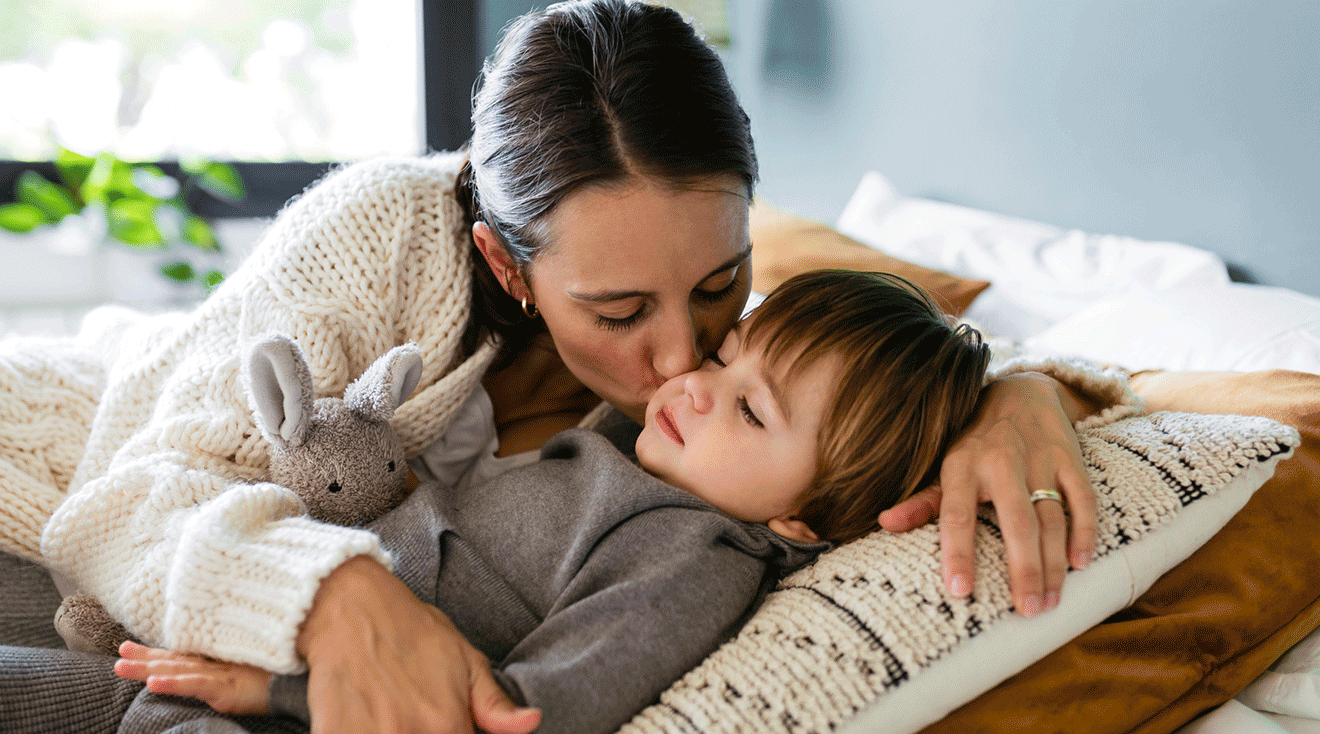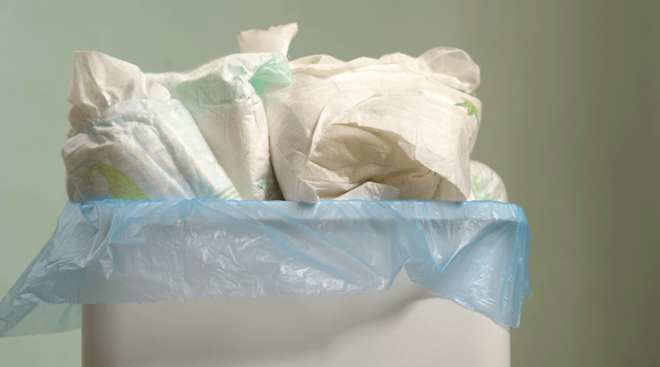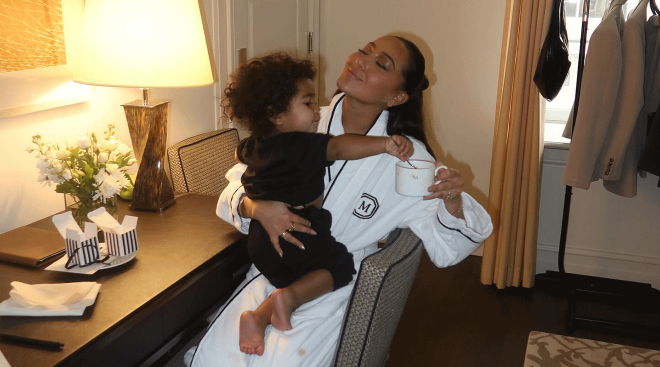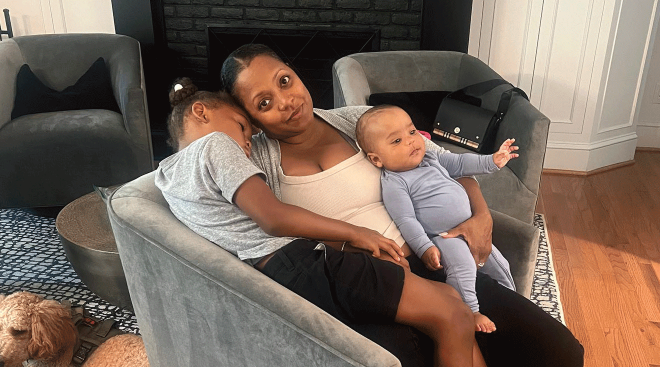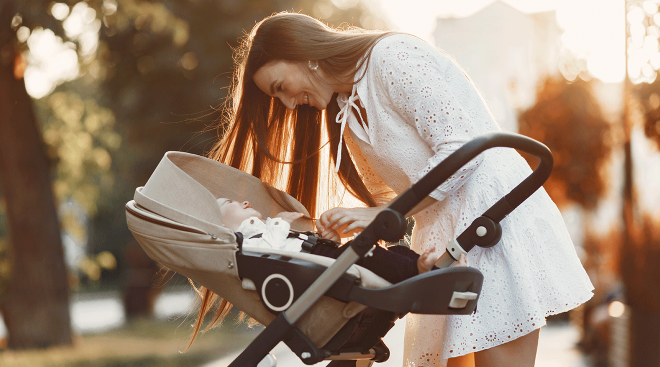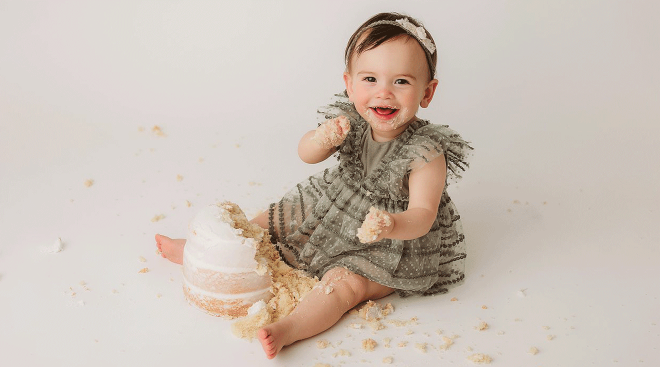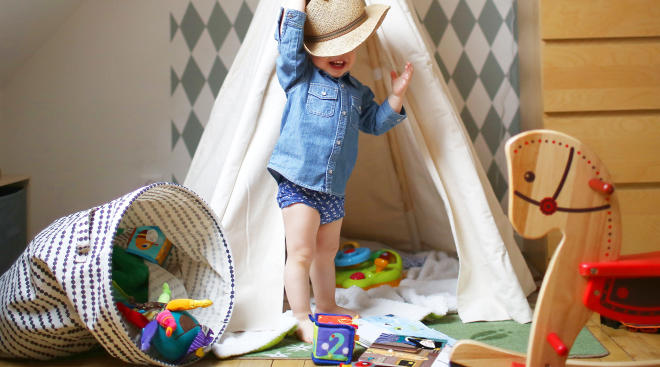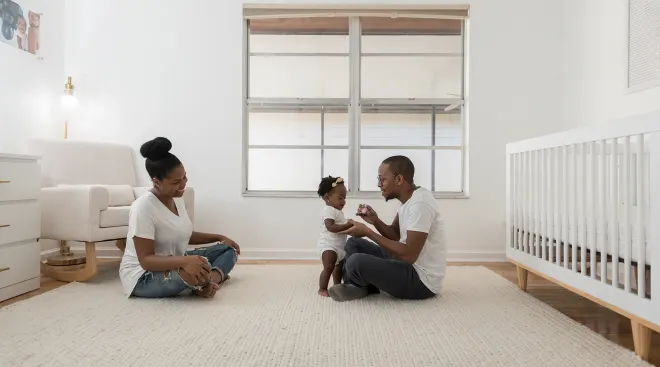Coping in Crisis: How to Be a Present Parent During Difficult Times
As parents (and humans), we ache for children and families hurting around the world. And while it’s of the utmost importance that we educate ourselves and stay abreast of current worldly affairs, we must also be sure to process our feelings and prioritize our mental health, so we can be physically and emotionally present for the tiny people who rely on us. It’s a tall order—especially if all you want to do is pull the covers over your head. Which is why we reached out to experts for their tips on how parents can cope in the face of turmoil and tragedy, plus some advice for helping young kids grapple with things in a developmentally appropriate way.
You can’t pour from an empty cup. And right now, your cup is most likely bone dry. But before you can even attempt to grieve and feel and heal, you need to take a second to just be. “Even a brief moment to pause and intentionally connect with your breath can improve your ability to regulate uncomfortable emotions and stay present in your role as a caregiver,” says Andrea Dorn, MSW, a clinical social worker in South Carolina. Easier said than done? Try square breathing: Inhale for four counts, hold for four counts, exhale for four counts, hold for four counts and repeat. “Check in with your emotional state and repeat as needed,” advises Dorn.
You may feel especially stressed or anxious right now, says Elanna Yalow, PhD, an educational psychologist and chief academic officer of KinderCare. She recommends doing some inner reflection. “When you can feel your emotions getting the best of you, try to pause and consider what the underlying cause is. Are you truly frustrated by your child’s inability to find their shoes, or are you upset about something else?” Give yourself the mental space to have this response, but try not to be overwhelmed by the tidal wave of emotions that may come. Dorn suggests a visualization to help you rein it all in. “Imagine your emotions as waves,” she says. “Allow yourself to breathe deeply through them, and let them wash over you and subside.”
Remember the metaphor of putting on your oxygen mask first, and then helping your child with theirs. “When parents are feeling stressed, babies and children absorb that stress, even if they don’t understand it,” says Asfia Qaadir,** DO, a child and adolescent psychiatrist at PrairieCare in Minnesota. “Alternatively, when parents regulate their own emotions and are more relaxed, babies and children pick up on that and absorb that calming effect. This is the beauty of co-regulation.”
If you feel paralyzed with fear, know that you’re not alone. “We make many assumptions every day that allow us to live our lives without being overwhelmed about the many risks we and those we love face, especially our children. When tragedy occurs, we’re reminded that our sense of safety is actually based on a series of such assumptions,” says David J. Schonfeld, MD, director of the National Center for School Crisis and Bereavement at Children’s Hospital Los Angeles. “It exposes fears and concerns we all carry—even without our awareness—about the safety and well-being of those we love, especially children who are vulnerable and dependent on us for their safety.”
Don’t forget to take care of yourself. “Keep consistent with your daily routines, sleep schedules, eating patterns and movement. These are all important things when it comes to managing your stress and anxiety,” says Tasha Brown, PsyD, a clinical psychologist and the director of Thriving Mindful Balanced.
Moreover, use physical activity as an outlet for pent up rage and sadness. “Physical movement of any form can assist in letting go of built up emotional energy and in releasing powerful feel-good chemicals,” says Dorn. No, going for a run or hitting a punching bag isn’t going to solve the greater problem, but it’ll help put you in the right frame of mind to better handle what’s in front of you.
The news and social media can be unrelenting. Give yourself permission to stop scrolling for a little while. It’s okay to take a break and separate yourself from the latest updates and alerts. Go for a walk. Do some light stretching. Take a bubble bath. Indulge in a good meal. It’s not selfish, it’s self-sustaining. Use distraction as needed. “Though it’s extremely important to process and experience your feelings, sometimes waves of grief are a bit too overwhelming—or it’s not the right time,” says Dorn.
Moreover, limit your kids’ exposure to media as well. “The news can be extremely scary and anxiety-provoking for children,” adds Brown.
You might have the urge to internalize everything right now. But ultimately, that’ll leave you feeling further isolated. Lean on your support system. “Connect with other parents or your spiritual community, volunteer, reach out to a therapist or find other ways that feel best to you to create points of connection with others,” suggests Dorn.
“While talking is one way to process thoughts and feelings, creative art is another modality to explore complex emotions and thoughts,” says Qaadir. Embracing an alternative form of expression can be centering and grounding in an otherwise uncertain and chaotic world.
Your instinct may be to put on a happy face in front of others—especially your kids. It’s natural to want to hide your actual feelings in such an awful and raw situation. While toddlers don’t need to learn the details, it’s okay to let them know that you’re sad or experiencing big feelings. “Use this as an opportunity to share what you do to manage your own distress,” suggests Schonfeld. What’s more, be the role model your kids need. “Parents need to model effective coping strategies, and can only do this when they share that they have difficult feelings and how they cope effectively with them,” says Schonfeld.
You can also share with your child the things that you do when you’re feeling sad, scared or frustrated about what is going on in the world. “Your children are watching closely and learning how to cope from you,” says Brown. This sets a strong foundation for the development of their own coping strategies.
If you’re feeling overwhelmed and helpless, you’re not alone. But there are small steps you can take to help someone in need. Volunteer, donate or reach out to a friend or loved one who is directly affected. “Send a care package, or check on someone being directly impacted by the trauma,” advises Brown. “This can help you be more present in your everyday parenting, because you’ve channeled your stress and anxiety about current events into a meaningful place.”
It’s understandable to be struggling right now. But if you’re having trouble functioning—or your emotions are interfering with your ability to care for yourself and your children—you may need to seek out professional help from a therapist. In the wake of crisis and tragedy, it’s okay to not be okay.
You know your children best, and you have to evaluate how much they should know about a given situation. A lot of this depends on age and maturity. But remember that kids are smarter and more intuitive than we sometimes give them credit for. They may have seen photos in the newspaper, heard snippets on television, been exposed to peripheral conversations or just sensed that you’ve been feeling down, and are upset or confused as a result. “We want children to know that we’re there to help them with the things that bother them,” says Schonfeld. “Helping them understand and process their feelings…can lay the foundation for future conversations.” In the meantime, when sharing information about events with a young child, “keep your language very simple and stress to the best of your ability how the adults in the world are trying to keep them safe,” adds Brown.
“Be mindful of any changes in your child’s mood or behavior during these difficult times. Changes in a child’s mood and behavior are very often a clear indication that they’re struggling with what is occurring around them and that they may need additional support,” explains Brown. Moreover, she encourages parents to spend special one-on-one time with children to bond and help them feel safe and loved. These nurturing moments will do you some good too.
Please note: The Bump and the materials and information it contains are not intended to, and do not constitute, medical or other health advice or diagnosis and should not be used as such. You should always consult with a qualified physician or health professional about your specific circumstances.
Plus, more from The Bump:
Tasha M. Brown, PsyD, is a clinical psychologist and the director and founder of TMB Psychological Services, PLLC, specializing in providing care to children, adolescents, parents and young adults.
Andrea Dorn, MSW, is a clinical social worker in South Carolina and the author of the Mindful Steps Series, a series of children’s how-to guides designed to empower kids with the foundational understanding of important developmental skills and concepts for key milestones in early childhood. She is the co-founder of Statera Counseling Center, a private practice located in the greater Columbia area of South Carolina.
Asfia Qaadir, DO, is a child and adolescent psychiatrist at PrairieCare with locations throughout Minnesota. She earned her medical degree from the Chicago College of Osteopathic Medicine.
David J. Schonfeld, MD, is a developmental-behavioral pediatrician and the director of the National Center for School Crisis and Bereavement at Children’s Hospital Los Angeles. He received his medical degree from Boston University.
Elanna Yalow, PhD, MBA, is an educational psychologist and chief academic officer of KinderCare, a national daycare and preschool chain.
Learn how we ensure the accuracy of our content through our editorial and medical review process.
Navigate forward to interact with the calendar and select a date. Press the question mark key to get the keyboard shortcuts for changing dates.
































